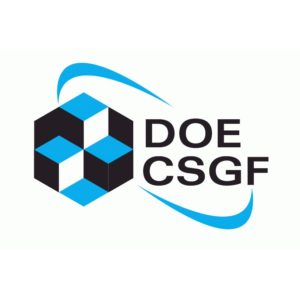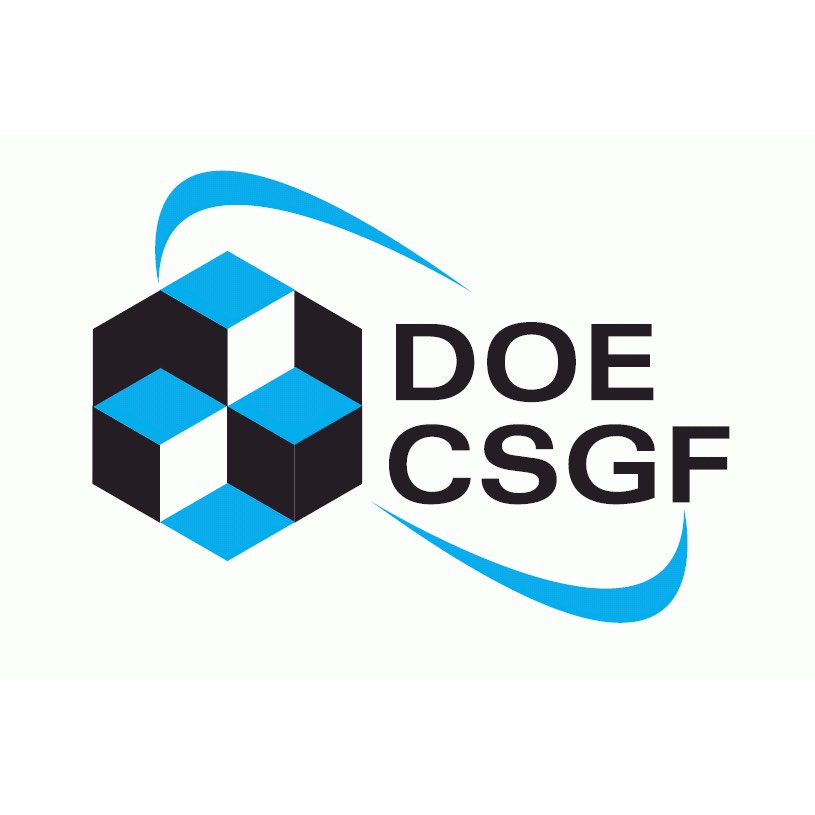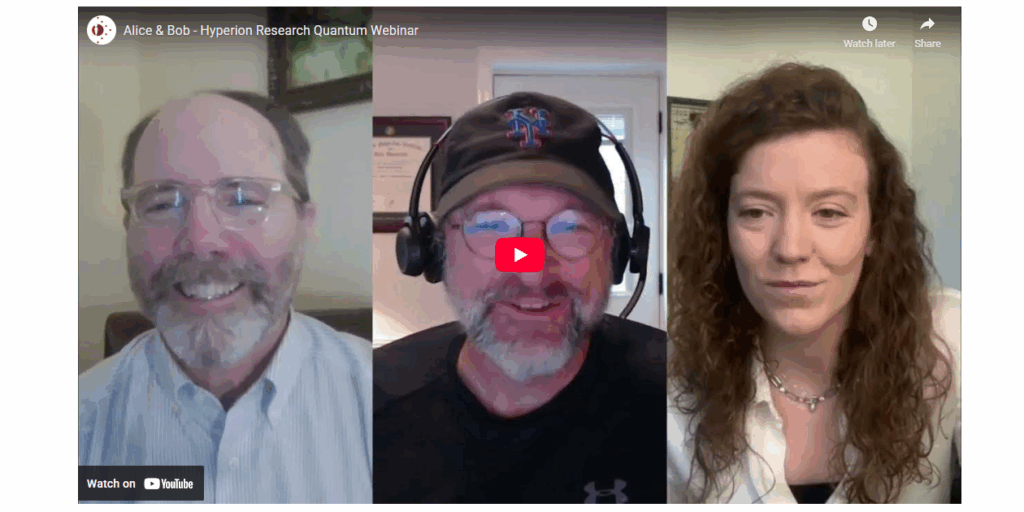
Today the Krell Institute announced that new class of 20 future HPC leaders enrolled at U.S. universities this fall with support from the Department of Energy Computational Science Graduate Fellowship (DOE CSGF).
Established in 1991, the Department of Energy Computational Science Graduate Fellowship provides outstanding benefits and opportunities to students pursuing doctoral degrees in fields that use high-performance computing to solve complex science and engineering problems. The program fosters a community of energetic and committed Ph.D. students, alumni, DOE laboratory staff and other scientists who want to have an impact on the nation while advancing their research. Fellows come from diverse scientific and engineering disciplines but share a common interest in using computing in their research. More than 425 students at more than 60 U.S. universities have trained as fellows. The program’s alumni work in DOE laboratories, private industry and educational institutions.
 Members of the fellowship’s twenty-seventh incoming class, their institutions and fields, are:
Members of the fellowship’s twenty-seventh incoming class, their institutions and fields, are:
Peter Ahrens
Massachusetts Institute of Technology
Computer Science
Robert Baraldi
University of Washington
Applied Mathematics
Matthew Carbone
Columbia University
Chemical Physics
Gabriela Correa
Cornell University
Materials Science
Jennifer Coulter
Harvard University
Computational Materials Physics
Priya Donti
Carnegie Mellon University
Computer Science and Energy Policy
Annie Katsevich
New York University
Applied Mathematics
Jonas Kaufman
University of California, Santa Barbara
Computational Materials
Morgan Kelley
University of Texas
Process Systems
Claire Kopenhafer
Michigan State University
Astrophysics
Alicia Magann
Princeton University
Chemistry
Quentarius Moore
Texas A&M University
Chemistry
Kari Norman
University of California, Berkeley
Ecology
Miriam Rathbun
Massachusetts Institute of Technology
Computational Reactor Physics
Kevin Silmore
Massachusetts Institute of Technology
Chemical Engineering
Benjamin Toms
Colorado State University
Atmospheric Science
Steven Torrisi
Harvard University
Materials Physics
Annie Wei
Massachusetts Institute of Technology
Quantum Information/Quantum Algorithms
Zachary Weiner
University of Illinois at Urbana-Champaign
Cosmology, High Energy
Malia Wenny
Harvard University
Chemistry
Fellows receive a yearly stipend; full payment of university tuition and required fees (during the appointment period); and an annual academic allowance. Renewable for up to four years, the fellowship is guided by a comprehensive program of study that requires coursework in a science or engineering discipline plus computer science and applied mathematics. It also includes a three-month research practicum at one of 21 Department of Energy laboratories or sites across the country.




